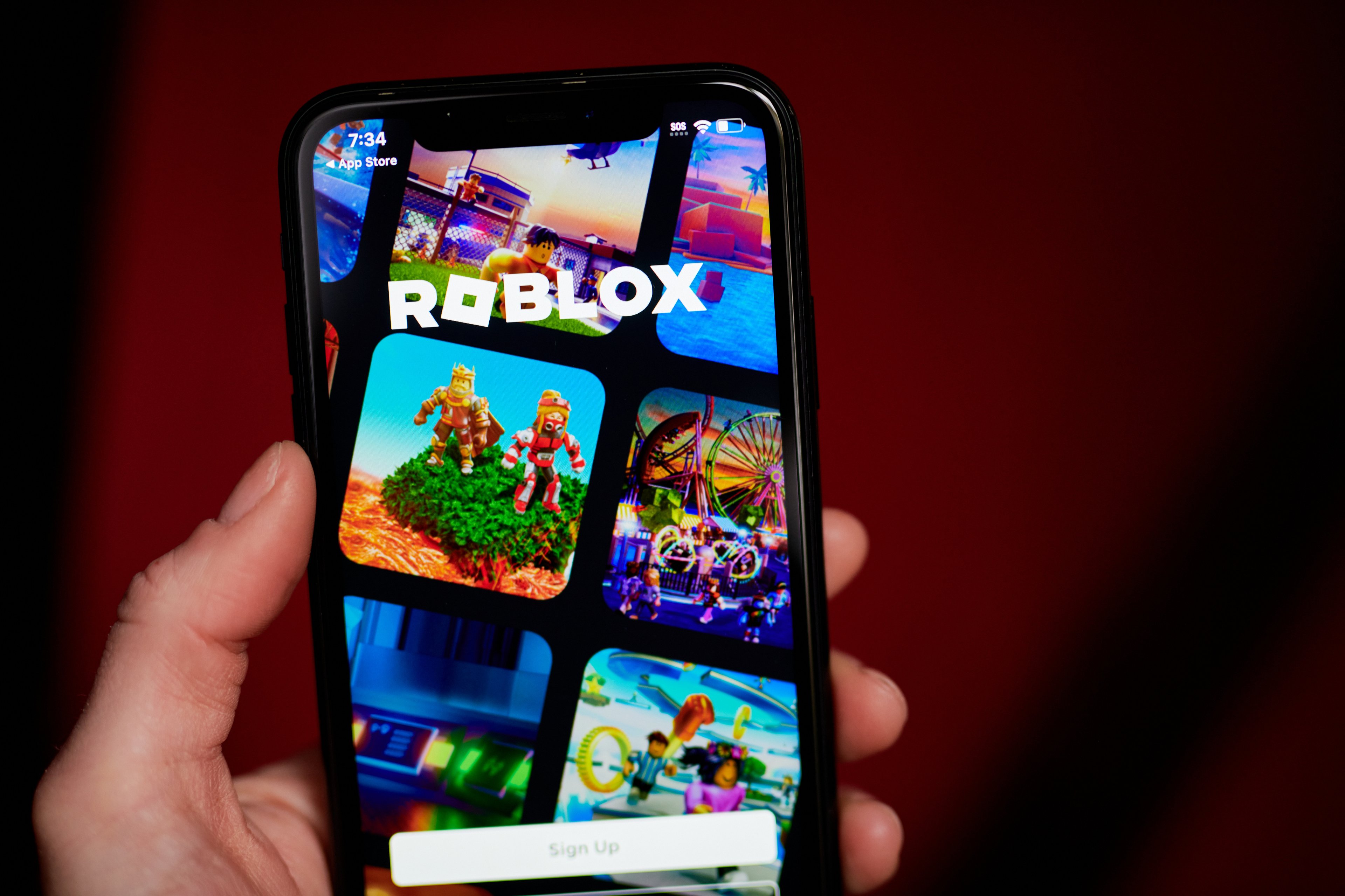Black Friday is one of the world's biggest shopping holidays, and it offers rare opportunities to snag big discounts on the season's hottest items. But that doesn't always mean that it's easy to score great deals.
The retail holiday has become a big competitive event for major retailers, but it's also a competition among shoppers -- and that means wandering into the year's holiday shopping showdown without a sound game plan can put you at a big disadvantage.
The National Retail Federation and Prosper Analytics estimate that 165.3 million Americans will shop at brick-and-mortar stores and online outlets between Black Friday and Cyber Monday, and it's only natural that everyone wants a great deal. Read on for five tips that can help you come out ahead this holiday season.

Image source: Getty Images.
1. Have a game plan and a budget
Serious Black Friday shoppers should keep this well-known alliterative phrase in mind: Proper planning prevents poor performance. If there's a hot deal or two that you're worried will sell out, it makes sense to plan your Black Friday shopping around securing those great deals.
You're probably going to have a hard time running from one retailer to another and still having access to the most in-demand discounts, so prioritization can save you a lot of unnecessary stress. Having a well-thought-out list of items and sticking to a defined budget will help you concentrate on the deals that are most worthwhile and avoid spending on superfluous items.
2. Divide and conquer
If your family does Black Friday shopping together, it might make sense to split up so that you can hit different retailers and capture the best of what each store has to offer. Dividing up might take some of the fun out of the Black Friday experience, but it can help ensure that your family is able to nab the best deals and allow you to save a significant amount of money if you plan to do a lot of shopping.
3. Buy online when you can
It's also worth mapping out which Black Friday deals you can also get through a store's online retail channels or another e-commerce site. Unless you really like shopping or the competitive aspects of Black Friday deal-hunting on the ground floor, it's also worth keeping in mind how much time you're spending combing the retail aisles for hot deals or scouring the best that online retail sites have to offer.
The less time that you spend out and about in the thrall of the shopping extravaganza, the more time you can spend with family or taking care of work projects or things around the home. There are plenty of retailers offering great Black Friday and Cyber Monday deals online. Having a good sense of the online retail landscape can help you score some great deals and save on time and travel costs.
4. Focus on product categories that are likely to have deals
Concentrating on categories like electronics is one way to ensure that you actually wind up getting great deals, as televisions, computers, media players, video game consoles, and other technology products tend to have the biggest Black Friday discounts. A store's much publicized "doorbusters" (deals designed to get people in the doors) really are the best discounts on offer in many cases, and your savings on technology products or other big-ticket items is likely to significantly outweigh what you'll be able to get from other purchases.
5. Avoid the temptation to overspend
There's a popular conception that Black Friday is a great time to score discounts on all kinds of consumer goods. While it's true that you may be able to find worthwhile deals across a wide range of different product categories if you look hard enough, the amount of time needed to make that happen means the reality is a bit different. Big discounts for televisions and other electronics products are often used as a way to get people in the doors -- and then on to spending on other goods that aren't quite the steals that their sticker prices may suggest.
Some stores may show steep discounts on items like clothing, bedding, kitchenware, and other household goods that aren't really bargains at all compared to normal pricing. If you're lured into a shop because a hot item is offered at a discount and wind up spending more than you otherwise would have on other items, it can negate the savings that you scored on your core items.
You're not spending less by buying more -- unless you targeted products you already wanted or needed. Focus on the great deals and purchases that will add value and are in line with your purchasing plan and budget.





